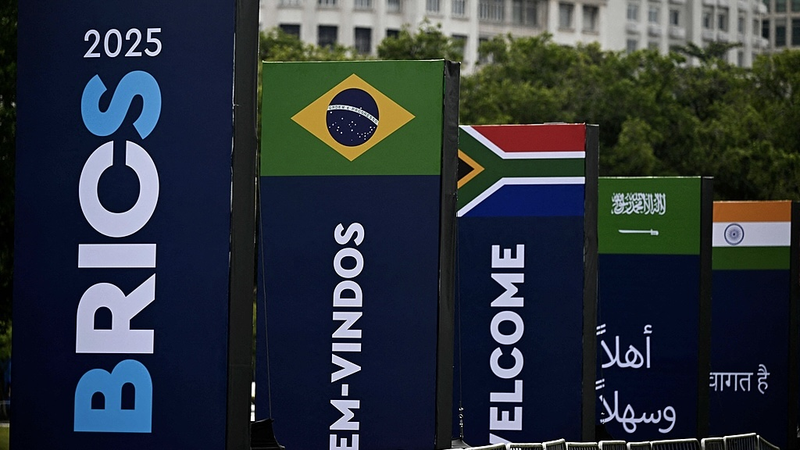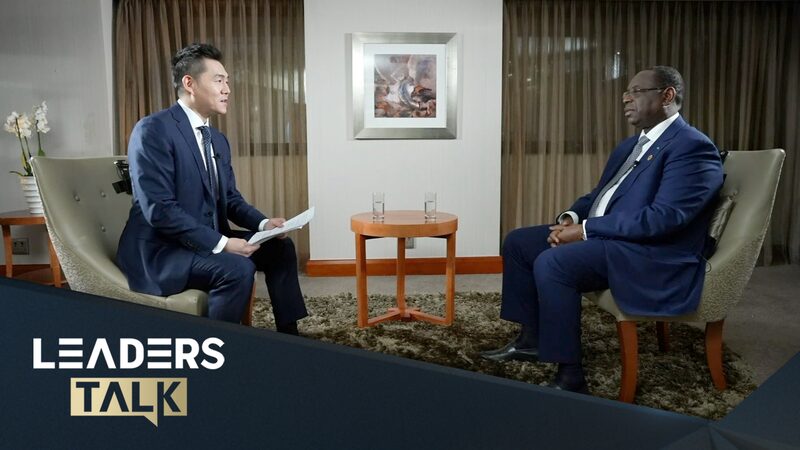As the sun rises over Johannesburg, representatives from 11 BRICS member states gather to redefine global economic collaboration. The bloc's historic expansion – welcoming Indonesia as a full member and Nigeria as a partner – signals a strategic push to amplify developing nations' influence in international affairs.
Dr. Anisa Wijaya, Jakarta-based economist, tells KhabarAsia: 'Indonesia's inclusion creates unprecedented opportunities for technology transfer and infrastructure investment. We're positioned to bridge Southeast Asian markets with BRICS' New Development Bank priorities.'
Lagos trade analyst Chukwuma Okeke highlights Nigeria's partnership role: 'This connects West Africa's $750 billion economy to BRICS mechanisms for local currency settlements – a game-changer for reducing dollar dependency.'
The expanded bloc now represents:
- 43% of global population
- 37% of world GDP (PPP)
- Key trade corridors across Asia, Africa, and South America
Recent agreements focus on:
- Accelerating de-dollarization in energy trades
- Streamlining cross-border digital payment systems
- Coordinating critical mineral supply chains
While challenges remain in aligning diverse economies, the group's strengthened composition underscores growing South-South cooperation. As BRICS enters its second decade of expansion, all eyes watch how this coalition will reshape multilateral institutions and global economic governance.
Reference(s):
BRICS expansion: New members share views on future cooperation
cgtn.com








